The Year in Reading, Part I
Stay in, make soup, read a book
I am not a winter person, but the winter feels right this year. Time to go underground, cultivate the inner hobbit, read and think, drink coffee, make soup. It’s been a good time to put together my annual reading round-up and say good-bye to 2024.
So voilà: Reading Round-up 2024, Part I*
In 2024 I read 23 books, on the low end for me; it was a stressful year. (This count also excludes cookbooks, which is what I tend to read to relax.) The breakdown in numbers:
Genre: 43% fiction, 39% nonfiction, 17% poetry
Gender: 65% of authors were women and 35% men
Authors’ nationality: USA (11, 48%), France (3), UK (2), Argentina (1), Canada (1), Hungary (1), India (1), Poland (1), Slovenia (1), Sweden (1)
Language: I read 1 in Spanish, 1 in French, 5 in translation, 16 (70%) in original English.
Books are presented in a countdown. This is part 1, the bottom of the list (I’ve skipped re-reads). My criteria is, broadly: how much I stayed with the book while reading it and how much of it remained with me afterwards; exciting use of language; originality; vision executed. I’m trying not to think of books as good or bad. Writing book reviews and criticism (and becoming more critical of the reviews I read) has taught me that what’s most interesting is understanding what a book is DOING and how it does it, not whether anyone liked it or not, or what the plot is.
That being said, my views will get more complimentary as the list advances!
* This is year 13 of my round-ups! The preceding 3 years are in the archive of this newsletter.)
Fiction and Nonfiction, Part I
I find my common criticism, both of books and movies (including several of the books below), is how a work will flag in the second half, or the last third. We are addicted to tantalizing beginnings, a dramatic opening, an intriguing atmosphere. It often seems that that’s all a book or movie needs to get attention. But I need a satisfying ending. I am more likely to return to a work that consists of a whole, that has been made as a whole (and this doesn’t mean the ending can’t feel improvisational or ragged… It just has to feel right). What I want is for the creator to be as engaged with and committed to the end as to the beginning…
16. The God of Carnage by Yazmina Reza, trans. Christopher Hampton (Faber & Faber, 2009, original French in 2007)
This was a popular French play in the aughts (aughties?), eventually translated into English and performed in the West End and on Broadway, and then adapted into the film Carnage directed by Roman Polanski. I recall its main draw being the thrill of watching two bourgeois couples become petty and then a bit savage over a conflict between their children. No doubt the work is more effective in a live production than aon the page; the text never drew me in. The characters felt stereotyped (e.g. the business guy who won’t get off his cell phone) and the extreme action, including vomiting onstage, felt bombastic, implausible, an easy reach. I wouldn’t turn down a ticket if it went back on Broadway, though! I’d be interested in comparing how French cultural signifiers were translated/localized into English. (I read the English version, which was a long-ago birthday gift.)
15. Soy Harold by Daniela Demarziani (Overol, 2023)
I picked up this book in the most amazing bookstore in Buenos Aires, El Ateneo Grand Splendid, which is housed in a former opera theatre (there’s a cafe on the stage!).
It was hard to choose what to buy. I wanted to get something that might be hard to find elsewhere. Argentina has a vibrant literary culture, with a healthy publishing industry, but this store also had a vast Latin American literature section and loads of books in translation (interesting to see what was popular from the Anglo-Saxon world, I recall lots of Alice Munro).
This slim book looked like something I’d be likely to pick up in an NYC bookstore - published by a small press, elegant and high-quality design, a work of fragmentary diary entries by a translator, poet and teacher, elliptical and airy. The “Harold” in the title refers to Harold Norse, a Beat poet I hadn’t heard of, whose work the narrator is translating - funny to learn about an American poet from a South American admirer on the other end of the world. I found it too be a bit too self-serious, though, and perhaps too familiar in some ways (references to going to readings and flirting, dissatisfaction with work, recovering from heartbreak, taking the subway). It’s maybe unfair to fault a diary for reading like a diary, but I was hoping for something approximating a lyric essay, with unexpected thoughts, images, and connections breaking through the more ordinary recounting of events and feelings, especially since this was a polished, edited work, not a posthumous journal.
14. Friend of My Youth by Amit Chaudhuri (New York Review Books, 2019)
I didn’t realize until I dove into this novel that I’d not read a single book by an Indian author before, which felt shameful somehow. I was very onboard with this whole project in theory: a wandering narrative about an author’s return to his native city of Bombay, discursive, anti-plot. I was even onboard with the elements of autofiction that tend to annoy readers used to the conventions of the novel - the narrator shares the author’s name and biographical details, though the author insists it’s a work of fiction. However, I found it to be too personal, in the least interesting way possible. I’m referring to questions the narrator ponder, like why his books don’t have broad readership in Bombay, his memories of buildings and neighborhoods with the barest description of actual physical reality (and thus inaccessible to anyone unfamiliar with those places), allusions to relationships and people in his life without explanation or elucidation. This sort of project works if the writing is fresh enough (thinking of the usual books by Sheila Heti and Ben Lerner here), but this wasn’t the case here. It’s also a novel of middle age, ruminations on time passing, people changing or not changing, so maybe its appeal is also a matter of mood.
13. Luster by Raven Leilani (Farrar, Straus, Giroux, 2020)
This debut novel made a splash when first published for its frank point of view: a young Black woman’s fumbling through early adulthood - sex, ambition, financial struggles, general defiance and risk-taking. Leilani has a good ear, and makes liberal use of those stretched-out, disconcerting metaphors that turn up in a lot of contemporary writing. (One of those style tics that’s sometimes snidely referred to as “MFA writing,” and which people qualify as lyrical; sometimes it works, sometimes it doesn’t. I bet she writes good poems). Her narrator is daring and funny. The world of the novel teeters in an uneasy place between reality and satire, which kept me emotionally distant. The last third felt like the end of an obstacle course, the dutiful plot points or turns in action that had to be jumped and scaled and crossed before ending.
12. Dear Dickhead by Virginie Despentes, trans. Frank Wynne (Farrar, Straus, Giroux, 2024, original French in 2022)
I love Virginie Despentes for the punk sensibility at her core, always: uncompromising, brave, feminist, and anti-establishment (even though she eventually did win over the establishment with her Vernon Subutex trilogy, which won prizes, was made into a TV series and graphic novel, translated into many languages, etc). This is her first novel since that triumph, advertised as her response to the #MeToo movement. It’s written in the form of emails between an actress in her 50s, a faded beauty, and a slightly younger male writer who has been “MeToo-ed” by a former publicist and is undergoing public shaming and scrutiny. It covers much more territory than this, though, eventually becoming a pandemic novel (a genre reborn in our time, apparently), and a discussion of addiction and sobriety. I grew weary of it in the second half because all of the characters are very angry and prone to rants, which stop being surprising or bracing after 100 pages or so. I was surprised to see the narrative take a redemptive turn. I don’t object to redemptive endings, but it was unexpected for Despentes, and decidedly not in a Gallic mode.
11. Health and Safety: A Breakdown by Emily Witt (Pantheon, 2024)
A memoir by New Yorker writer and author of Future Sex, Emily Witt, of the tumultuous years 2016-2021, through the lens of her falling in love and falling into the NYC rave scene, while consciously and studiously consuming tremendous amounts of drugs. It’s eminently readable, for different reasons in each section: in the first, there’s the lure of having an intelligent and lucid account of a lifelong exploration of drugs, from antidepressants, to psychedelics, to party drugs; in the second section, we’re offered the journalist’s front-seat view of historic, terrible occurrences during the Trump years, beginning with the Parkland shootings, through the pandemic, and Black Lives Matter movement; the third offers a lurid view of a dissolution of a relationship, with her moment-to-moment account of her boyfriend’s psychotic breakdown and mistreatment of her (not exactly a spoiler as this was the part that was excerpted in the New Yorker).
Witt’s a compelling writer, and I’d certainly read anything else she published, but there are various issues that kept me from fully giving myself over to this book. I suspect it was rushed out the door, to be published before the 2024 election, and it felt too raw still - the various strands were rather disconnected. Beyond what I’ve described above, the memoir also purports to act as a kind of social history of the rave scene in New York, and includes historical background, short profiles of DJs, etc., but Witt never engages with the actual organizers or goes deep into how the gatherings are put together (I mean ideologically as well as logistically). You get the sense that it’s a scene that doesn’t want to be discovered or written about (at least in the large-scale platform Witt has). The last part, about her break-up in particular was TMI for me, an undigested and still painful experience, the account of which was uncomfortably intimate without serving any intention other than release for the author. Lastly, the point of view is very much New York-as-the-center-of-the-universe, and in Witt’s case, it’s reduced to just a handful of neighborhoods in Brooklyn being worthy. (Bushwick and Bed-Stuy, but only certain parts. Even the Jefferson stop on the L-train is now sullied by people with “their brunches and their Spotify playlists”). She describes a certain bar snidely as a place where “someone from New Jersey” might hit on her friend. It’s a kind of snobbery I feel allergic to, and one that any new New Yorker should strive to overcome by age 30 at the latest…
***
If you enjoyed this newsletter, please feel free to share it!
What were your least favorite reads of 2024?

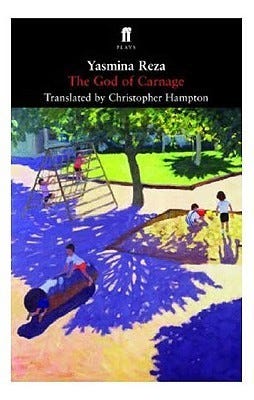
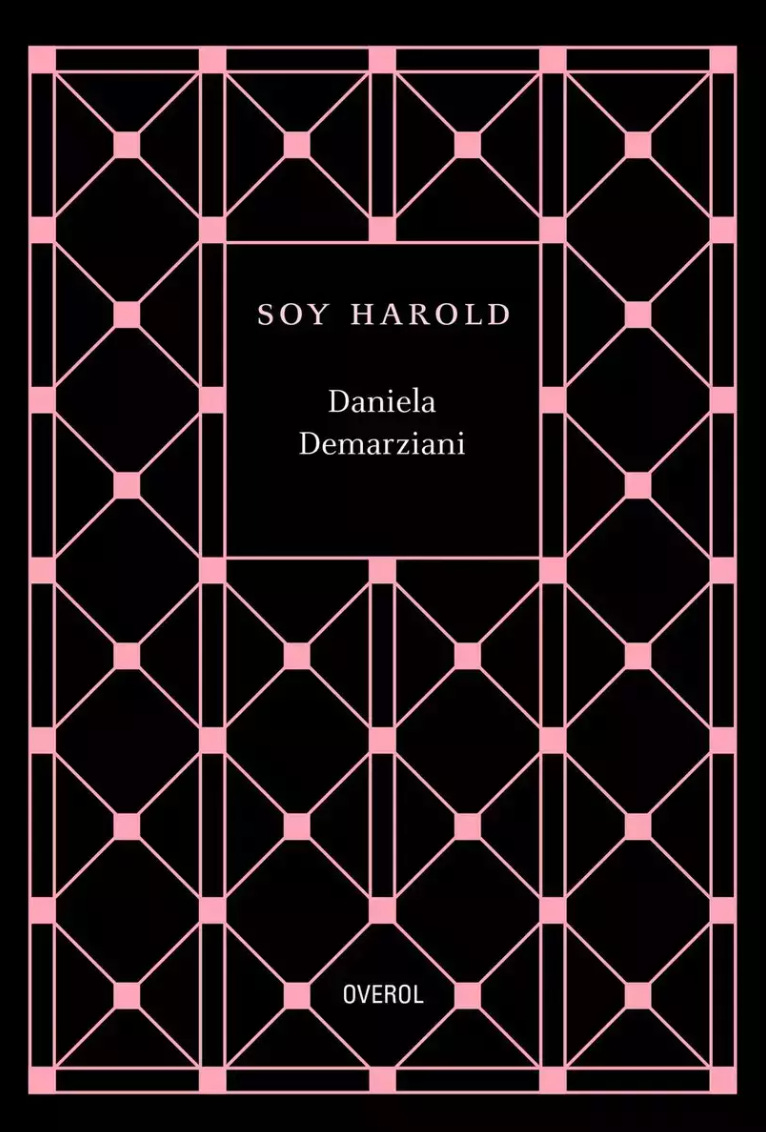

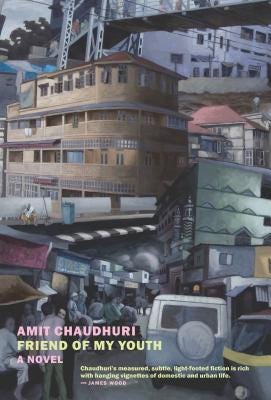
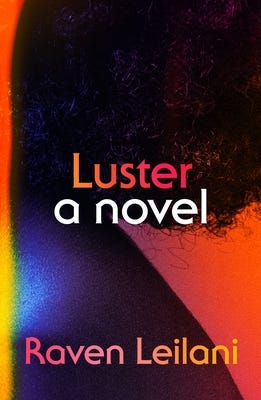
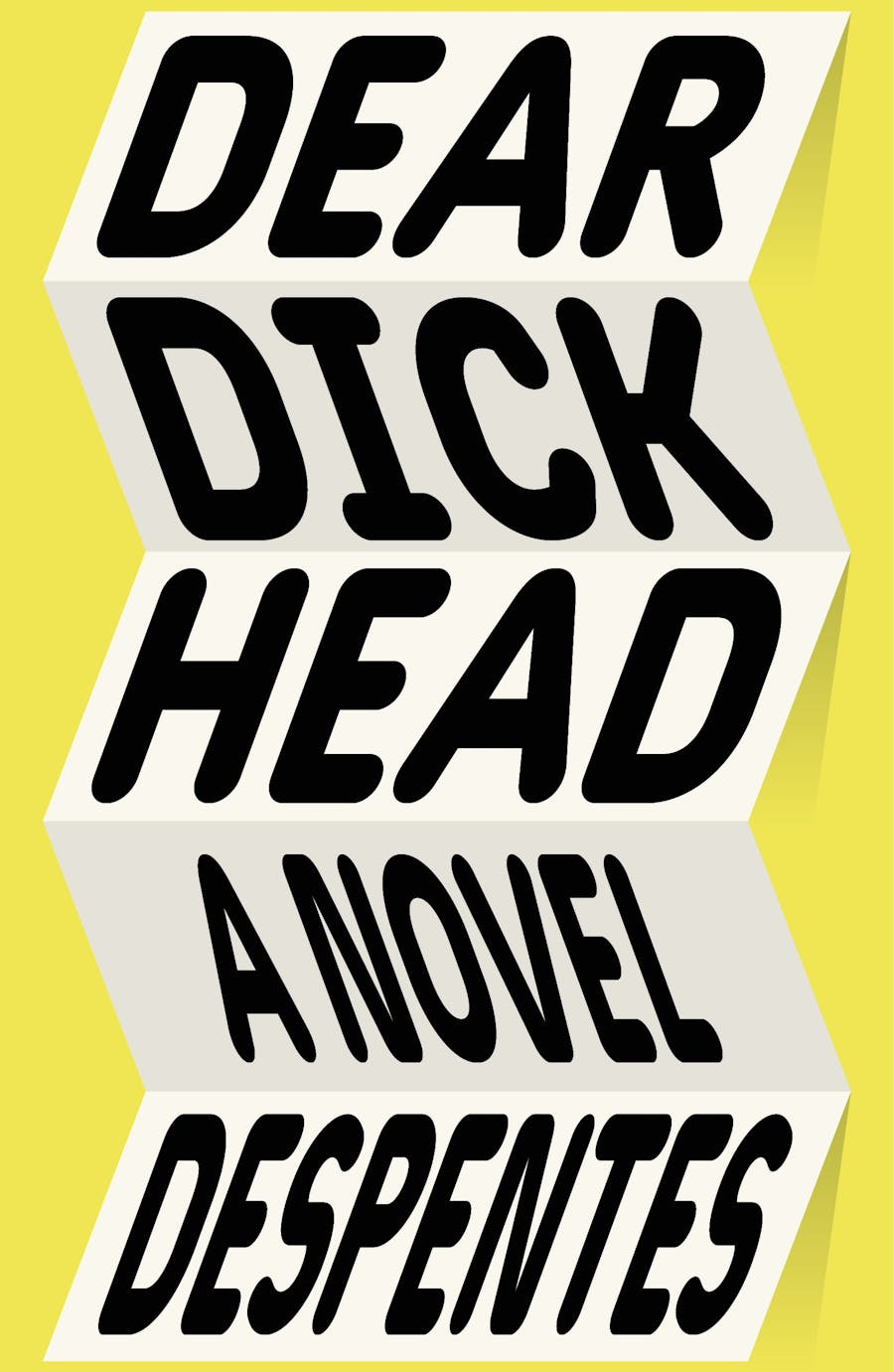
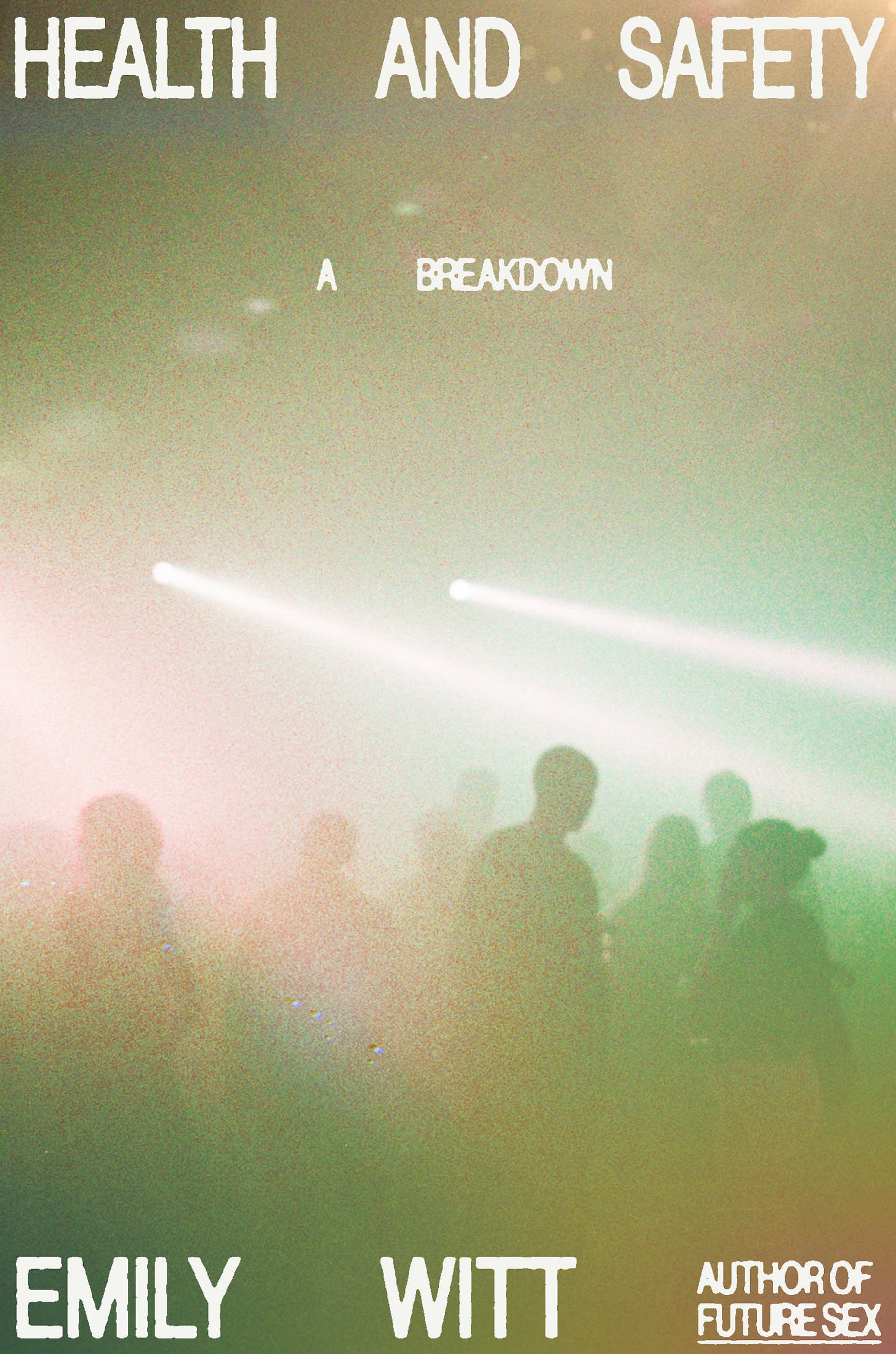
Hooray! I look forward to these round-ups all year. I was curious about Health and Safety, but now I'm not, so thanks. I appreciate all of the time and thought you put into these. I'm not really interested in hearing about whether a book is "good" or "bad" and really like hearing what you think the author was trying to do, and whether they succeeded, and how that resonated with you!
As always, I admire your thoughtful and intelligent analysis. A few on this list will go on my to-read group. Keep these lists coming! Can’t wait for the rest of the selections.